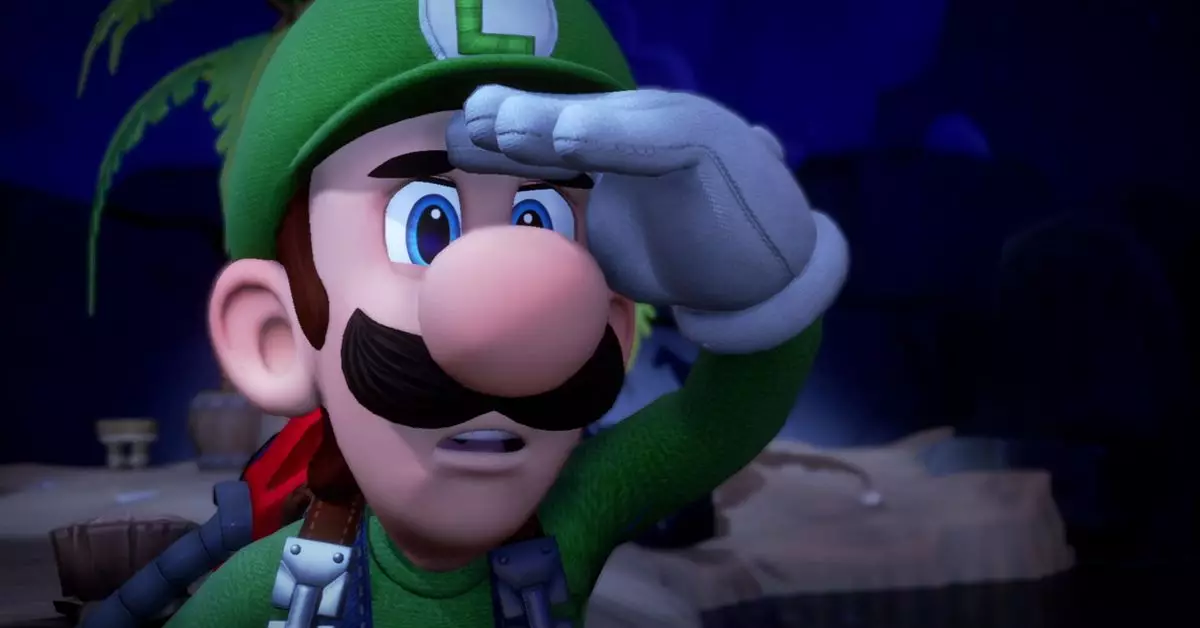In the expansive universe of video games, few characters elicit as much affection as Luigi, the often overshadowed brother of Mario. Traditionally, Luigi has been celebrated for his whimsical charm, embodying the spirit of joy and camaraderie that gaming fosters. His green attire and distinctive voice have made him a staple in countless games, and alongside his more famous sibling, he has forged a unique identity within the gaming landscape. However, recent events have forced a reevaluation of Luigi’s popularity and what it signifies within the community.
The Awesome Games Done Quick (AGDQ) 2025 charity speedrunning marathon showcased a limited selection of Super Mario games, yet Luigi’s presence pervaded the event. Gamers seized the opportunity to nominate him as a character name across various titles, demonstrating a renaming trend not uncommon in the community. Through donation-based bidding wars, Luigi emerged as the favored name for characters in games including “Fallout: New Vegas” and “The Legend of Zelda: The Wind Waker.” This phenomenon drew attention not just for its humor but also for the intricate relationship between a beloved character and recent events involving a man who shares his name.
The lightheartedness surrounding the use of Luigi’s name took a complicated turn when juxtaposed with the real-world actions of Luigi Mangione, accused of a serious crime. His notoriety transcends gaming and extends into the larger narrative about how communities react to troubling associations with beloved figures. The enthusiastic renaming of characters during AGDQ—totaling over $18,000 in contributions—raises compelling questions. Was this a mere tradition of humor among gamers or an implicit support for a man whose actions starkly contrast with the joviality typically attributed to Luigi?
In the realm of video games, character affection and community culture intersect in unexpected ways. This duality is vividly illustrated through the enthusiastic adoption of Luigi as a character name even amidst the surrounding controversy. Gamers sometimes create layers of meaning that intertwine the virtual and the real. The persistence of Luigi in AGDQ 2025 aligns with both a longstanding tradition of meme culture and an eerie reflection of recent incidents involving a figure of the same name. While gaming communities often rally around lighthearted moments, they also highlight the need for introspection about the figures they celebrate.
As the gaming community continues to evolve, the relationship with iconic characters like Luigi can no longer be viewed as straightforward. The juxtaposition of playful gaming culture with societal issues adds a layer of complexity that can provoke important conversations. While Luigi serves as a symbol of whimsy, the circumstances surrounding his namesake compel fans to grapple with the broader implications of devotion to a character. This phenomenon at AGDQ 2025 reminds us that in the world of gaming, the lines between fantasy and reality can blur, inviting both merriment and reflection.


Leave a Reply